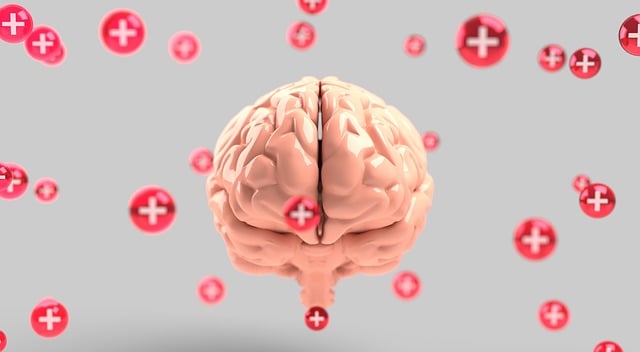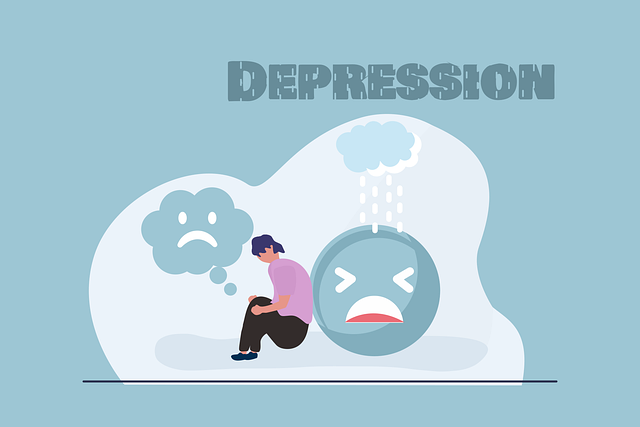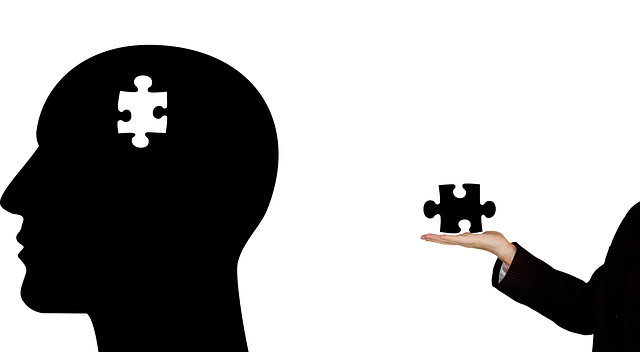Anxiety disorders are common among children, impacting their daily lives. Early identification is crucial with signs like social anxiety or specific phobias. Exposure and Response Prevention (ERP) therapy is an effective CBT approach, gradually exposing kids to fears in a safe environment to reduce anxiety responses. Mental health education and cultural competency training for healthcare providers ensure tailored support. Combining ERP with self-care practices like exercise and mindfulness fosters emotional resilience and overall mental well-being. Therapy for Children, especially ERP, plays a key role in managing and preventing anxiety disorders.
Anxiety disorders are prevalent among children, impacting their daily lives and well-being. This comprehensive guide explores effective strategies to manage anxiety, with a focus on exposure and response prevention (ERP) therapy, proven to be transformative for young minds. We delve into the understanding of these disorders in children, practical management techniques, and crucial resources for seeking professional help. Empower yourself with knowledge to navigate and overcome childhood anxiety.
- Understanding Anxiety Disorders in Children
- Therapy for Children: Exposure and Response Prevention (ERP) Techniques
- Practical Strategies for Daily Management of Anxiety
- When to Seek Professional Help: Resources and Support
Understanding Anxiety Disorders in Children

Anxiety disorders are common among children and adolescents, affecting their daily lives and overall well-being. Recognizing the signs and symptoms is crucial in early identification, enabling appropriate interventions to support mental wellness. Children may experience various types of anxiety, such as social anxiety, specific phobias, or generalized anxiety disorder, characterized by excessive and persistent worry. These disorders often manifest through physical symptoms like increased heart rate, difficulty sleeping, and avoidance behaviors.
One effective therapy for children with anxiety is Exposure and Response Prevention (ERP), a form of cognitive-behavioral therapy. ERP helps kids face their fears in a safe environment, gradually reducing anxiety responses over time. This involves structured exposure to anxious triggers while teaching coping strategies through guidance and journaling exercises. Mental health education programs designed specifically for children can also empower them to understand and manage anxiety. Additionally, healthcare providers play a vital role in promoting cultural competency training to ensure every child receives tailored support, addressing unique challenges related to their background and experiences.
Therapy for Children: Exposure and Response Prevention (ERP) Techniques

Anxiety is a common challenge for children, but there are effective therapeutic approaches to help them manage and overcome it. One such evidence-based method is Exposure and Response Prevention (ERP) therapy. ERP involves gradually exposing children to situations or objects that trigger their anxiety while teaching them specific response strategies to prevent the onset of anxiety symptoms. This technique empowers kids to confront their fears in a safe environment, fostering emotional resilience and self-confidence.
Through ERP, children learn to challenge their anxious thoughts and replace them with more realistic perspectives. It’s a form of cognitive behavior therapy tailored for young minds, focusing on improving emotional regulation skills. By combining exposure exercises with response prevention, kids can develop effective coping mechanisms that enable them to face challenging situations with greater ease and reduced anxiety. This approach not only offers anxiety relief but also integrates self-care practices, ensuring children grow up with robust mental health tools.
Practical Strategies for Daily Management of Anxiety

Anxiety management techniques are essential for maintaining mental well-being, especially in daily life. One effective strategy is Exposure and Response Prevention (ERP) therapy, which helps individuals confront anxiety-provoking situations gradually. By facing their fears in a controlled manner, patients learn to manage and reduce their anxious responses over time. This approach is particularly beneficial for children, as early intervention can prevent the escalation of anxiety disorders.
Incorporating mood management techniques into daily routines can also significantly alleviate anxiety. Simple practices like regular exercise, mindfulness meditation, and maintaining a balanced diet contribute to overall emotional stability. Additionally, addressing self-esteem improvement through cognitive behavioral therapy (CBT) helps individuals challenge negative thought patterns associated with anxiety, fostering a more positive self-image. Cultural sensitivity in mental healthcare practice is crucial, ensuring that these strategies are adapted to suit diverse cultural backgrounds and beliefs.
When to Seek Professional Help: Resources and Support

Anxiety can significantly impact daily life, especially in children. If anxiety symptoms persist or interfere with a child’s ability to function at school, home, or socialize with peers, it’s crucial to seek professional help. A qualified mental health therapist specializing in childhood anxiety disorders can provide effective treatment options such as therapy for children and exposure and response prevention (ERP) techniques.
ERP is a type of cognitive-behavioral therapy that helps individuals gradually face and manage anxiety-provoking situations. In addition to ERP, therapists may incorporate self-awareness exercises, mindfulness meditation, or other self-care practices tailored to the child’s needs. Local community mental health centers, school counselors, and online resources can offer valuable support and guidance for both children and their families navigating anxiety.
Anxiety management is a crucial aspect of fostering healthy growth in children. By understanding anxiety disorders and their impact, we can provide effective support through evidence-based therapy like Exposure and Response Prevention (ERP). This approach, combined with practical daily strategies, empowers both children and parents to navigate anxiety effectively. Remember that seeking professional help is never premature; resources and support are readily available to assist families in managing anxiety and promoting well-being.









